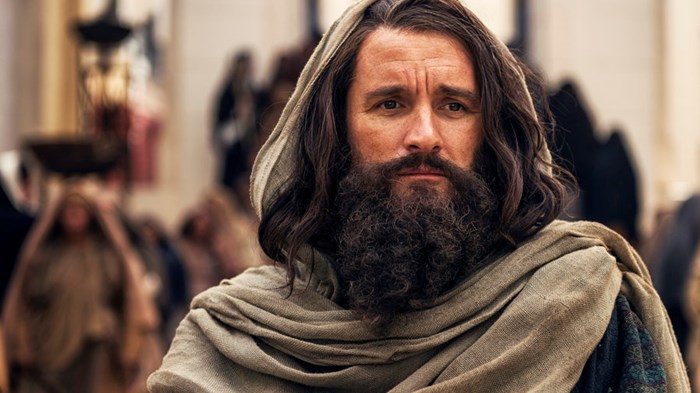Character Development in \’Confessions of the Dead\’: A Study of Motivation and Morality
“Confessions of the Dead” is a profound exploration of the human psyche, diving deep into the complexities of motivation and morality. Written by an acclaimed author, this narrative not only captures readers through its engaging plot but also through its portrayal of multifaceted characters. This article examines how the characters in the novel evolve, the motivations that drive their actions, and the moral dilemmas they face. We will explore the themes of guilt, redemption, and the consequences of one’s choices, ultimately revealing how these elements contribute to character development.
The Essence of Character Development

Character development is a crucial aspect of storytelling, as it allows readers to connect with the characters on a personal level. In “Confessions of the Dead,” the author employs various techniques to illustrate growth and transformation, including:
- Internal Conflicts: Characters grapple with their beliefs, desires, and ethical boundaries.
- Backstories: The past experiences of characters provide context for their present motivations.
- Interactions with Other Characters: Relationships often serve as catalysts for change.
- Symbolism: Objects or events symbolize larger themes, reflecting the characters’ journeys.
Motivations Behind Character Actions

The motivations of characters in “Confessions of the Dead” are deeply rooted in their backgrounds, fears, and aspirations. Understanding these motivations is key to comprehending their actions throughout the narrative. The main characters exhibit a range of motivations, including:
- Desire for Redemption: Many characters seek to atone for past mistakes, which drives their decisions.
- Fear of Consequences: The anticipation of repercussions often influences characters to act in certain ways.
- Search for Identity: Characters may be motivated by a quest to understand their place in the world.
- Love and Loyalty: Relationships can serve as powerful motivators, pushing characters to act selflessly or selfishly.
Morality as a Driving Force
Morality plays a central role in shaping character development in “Confessions of the Dead.” Characters grapple with ethical dilemmas that challenge their values and beliefs. The following moral themes are prevalent in the novel:
- The Nature of Good and Evil: Characters often question what it truly means to be ‘good’ or ‘evil,’ leading to profound internal struggles.
- Consequences of Actions: The characters face the repercussions of their choices, reinforcing the idea that every action has a moral weight.
- Redemption vs. Damnation: Characters are often torn between seeking redemption for their past actions and succumbing to despair.
- Societal Expectations: The influence of societal norms and expectations can complicate moral decisions, leading to conflict.
Case Studies of Key Characters

To illustrate the themes of motivation and morality, let’s take a closer look at key characters in “Confessions of the Dead.” Each character embodies different aspects of the human experience, providing valuable insights into character development.
Character A: The Fallen Hero

Character A starts as a respected figure in society but faces a tragic downfall due to a series of poor choices. Their journey is marked by:
- Initial Motivation: A desire for success and recognition leads them to make unethical decisions.
- Moral Conflict: As the consequences of their actions become evident, Character A struggles with guilt and shame.
- Path to Redemption: Ultimately, they seek to make amends, showcasing the possibility of growth and redemption.
Character B: The Reluctant Villain

Character B presents a unique perspective on morality. Initially portrayed as an antagonist, their motivations reveal a complex character driven by:
- Desire for Control: A traumatic past leads them to seek power as a means of protection.
- Misguided Morality: Their actions, though harmful, stem from a warped sense of justice.
- Potential for Change: As the story progresses, glimpses of vulnerability suggest the possibility of redemption.
Character C: The Innocent Bystander

Character C serves as a lens through which the moral dilemmas of others are examined. Their role highlights:
- Impact of Choices: Observing the actions of others, they grapple with the consequences of their own inaction.
- Growth through Observation: Their journey reflects the importance of moral courage and the need to stand up for what is right.
- Empathy and Understanding: Through their experiences, they develop a deeper understanding of human complexity.
Statistics and Research on Character Development
While “Confessions of the Dead” is a work of fiction, it mirrors real psychological concepts that shed light on character development. Research in psychology reveals the following:
- Character Growth: Studies indicate that characters who undergo significant change resonate more with audiences, as they reflect the realities of human growth.
- Moral Decision-Making: Research shows that individuals often base decisions on a combination of emotional and rational factors, similar to the characters’ struggles in the novel.
- Empathy in Storytelling: Narratives that explore moral dilemmas can enhance empathy among readers, encouraging reflection on their own values and choices.
Conclusion: The Journey of Self-Discovery
“Confessions of the Dead” serves as a compelling study of character development through the lens of motivation and morality. The characters’ journeys illustrate the complexity of human nature, showcasing how personal experiences shape motivations and ethical dilemmas. Through internal conflicts, relationships, and the search for redemption, the narrative emphasizes that character growth is an ongoing process influenced by a myriad of factors.
Ultimately, the novel invites readers to reflect on their own motivations and moral choices, highlighting the importance of understanding ourselves and others. In a world rife with challenges, the lessons derived from the characters’ journeys remind us that growth, empathy, and the quest for redemption are integral to the human experience. “Confessions of the Dead” is not merely a story; it is a mirror reflecting the struggles and triumphs we face in our own lives.


